Model Context Protocol (MCP) is an open standard introduced by Anthropic in November 2024 to streamline how large language models (LLMs) connect to external tools, systems, and data sources. By providing a universal, model-agnostic interface, MCP simplifies context sharing between AI agents and business systems, eliminating complex, custom integrations.
With MCP, developers can securely connect AI models to enterprise data by either exposing data through MCP servers or building MCP clients that access those servers—unlocking more dynamic, contextual, and accurate AI experiences.
What is MCP (Model Context Protocol)?
Model Context Protocol (MCP) enables developers to establish secure, two-way connections between AI-powered tools and various data repositories. Its architecture allows developers to expose data through MCP servers or build AI applications (MCP clients) that connect to these servers, using a standardized protocol for seamless integration. MCP acts as a bridge in a client-server architecture, letting AI agents access relevant data from multiple tools and external sources in a structured way. By maintaining context through pre-defined templates and slash commands, MCP hosts support custom logic and error handling, ensuring AI applications securely access structured, relevant data. The protocol also supports integration with business tools, development environments, and hardware via USB C ports.
Key Features
- Standardized Integration: MCP replaces fragmented integrations with a single protocol, simplifying the process of connecting AI systems with data sources.
- Open-Source SDKs: Available in multiple programming languages, including Python, TypeScript, Java, and C#, facilitating rapid development and integration.
- Security and Privacy: MCP incorporates robust authentication and authorization (JWT, OIDC), enabling secure, policy-driven access between AI agents and enterprise data.
How Does MCP Work?
MCP enables secure, bi-directional context exchange between AI applications and data repositories through a well-defined protocol.
Organizations can expose data sources as MCP servers, while AI-powered clients query and retrieve data securely and efficiently—improving model accuracy and enabling richer interactions.
Real-World Applications of MCP
Early adopters like Block and Apollo use MCP to enable AI agents to securely retrieve information from proprietary documents, CRM systems, and knowledge bases.
Development tools providers such as Replit, Zed, Codeium, and Sourcegraph are also adopting MCP to power context-aware coding assistants—helping agents generate more accurate, functional code by tapping live codebases and issue trackers.
Why is MCP important?
By explicitly managing context, MCP addresses common pain points in AI interactions—like repetitive queries, irrelevant responses, or security vulnerabilities related to context handling.
This structured approach significantly improves user experience, model accuracy, and overall AI reliability, particularly in enterprise-grade applications.
Challenges With MCP Adoption
The Model Context Protocol (MCP) offers powerful capabilities but also expands an organization’s risk surface. Each MCP-enabled tool or data source introduces a new endpoint vulnerable to attacks, including “tool-poisoning,” where malicious actors inject corrupt context through registered MCP servers. Sensitive user or business data may be exposed beyond intended boundaries, raising privacy and compliance concerns—especially when handling regulated information such as HIPAA, PCI, or GDPR data. Maintaining fine-grained, consistent access controls becomes challenging as multiple teams deploy their own MCP servers, increasing the risk of privilege escalation. Additionally, version and schema drift can break client adapters, while a single model query might trigger multiple MCP calls, adding latency. Traditional application performance monitoring (APM) tools often lack visibility into these semantic call chains, complicating root-cause analysis and governance. Each new MCP endpoint also demands TLS management, rate limiting, and secrets rotation, which can divert engineering resources from delivering user-facing value.
In summary, while MCP enables AI models to integrate with external tools and data sources effectively, it also broadens the attack surface and operational complexity. Risks include credential theft, data leakage across boundaries, inconsistent access policies, schema drift, chained network calls causing latency, and limited observability—all of which require careful management to maintain security and performance.
How Solo.io’s Agentgateway Solves MCP Challenges
Solo.io’s Agentgateway is a gateway built specifically for agentic AI traffic that acts as a single, policy-enforced control point between AI models and external tools. It centralizes authentication and authorization, applying JWT or OIDC checks, enforcing quotas, and maintaining a unified audit trail to eliminate inconsistent per-tool configurations. Deployed within a service mesh, it benefits from automatic mTLS and certificate rotation, reducing the attack surface. The gateway validates payloads against schemas, redacts sensitive data, and normalizes API versions to block malformed or unexpected context before reaching an LLM. With smart fan-out, caching, and batching, it reduces latency, while OpenTelemetry integration provides end-to-end tracing from user prompt to tool call. Finally, global rate-limiting, WebAssembly security filters, and GitOps-friendly CRDs enable platform teams to roll out consistent upgrades across environments—including secure, air-gapped clusters—without managing individual MCP servers. In short, Agentgateway preserves MCP’s agility while restoring the security, observability, and operational control large-scale AI systems require.
Key Benefits of Agentgateway for MCP:
- Centralized Security & Policy:
Agentgateway terminates all model-to-tool traffic with mesh-level mTLS, applies centralized RBAC and quotas, and validates/redacts payloads—ensuring only clean, compliant context reaches LLMs. - Simplified Operations & Observability:
Built-in caching, batching, and OpenTelemetry tracing reduce tail latency and give teams full visibility from prompt to tool call. No more blind spots in AI pipelines. - Scalable Governance:
Platform teams can roll out global policy changes, upgrades, or security filters once using CRDs, protecting every MCP server without touching individual endpoints—ideal for large-scale and regulated environments like FedRAMP.
The Result:
Solo.io’s Agentgateway helps organizations retain the agility MCP promises while restoring the security, observability, and operational control enterprise AI systems demand.
Conclusion: The Future of AI Integration with MCP
The Model Context Protocol (MCP) is a groundbreaking step in connecting AI systems with external tools, data sources, and business environments. By providing a standardized, open protocol, MCP enables seamless integration of AI agents with multiple servers and external systems, eliminating fragmented, custom implementations. This empowers developers to build context-rich AI applications that maintain context across complex workflows.
Despite challenges around security and governance, solutions like Solo.io’s Agentgateway help manage these risks, ensuring secure and scalable AI operations. Adopting MCP allows organizations to unlock smarter, more context-aware AI assistants and tools, driving innovation and efficiency in today’s complex digital landscape.
Learn More
- Official MCP Documentation
- MCP GitHub Repository
- Introduction to MCP
- Deep Dive MCP and A2A Attack Vectors for AI Agents
- Prevent MCP Tool Poisoning With a Registration Workflow
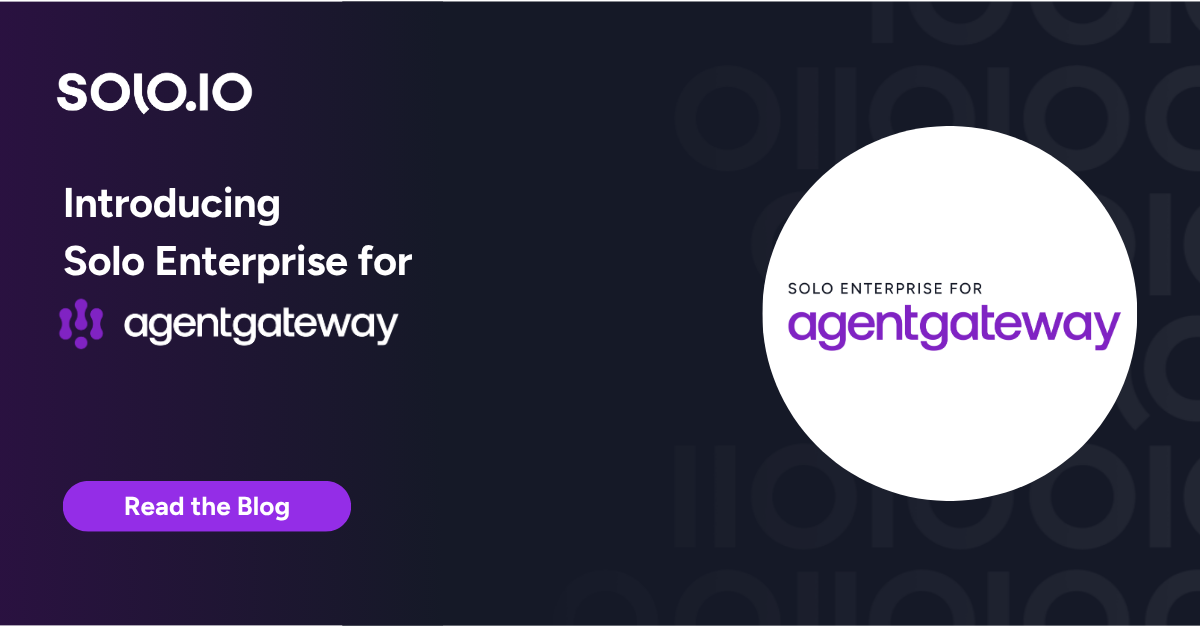


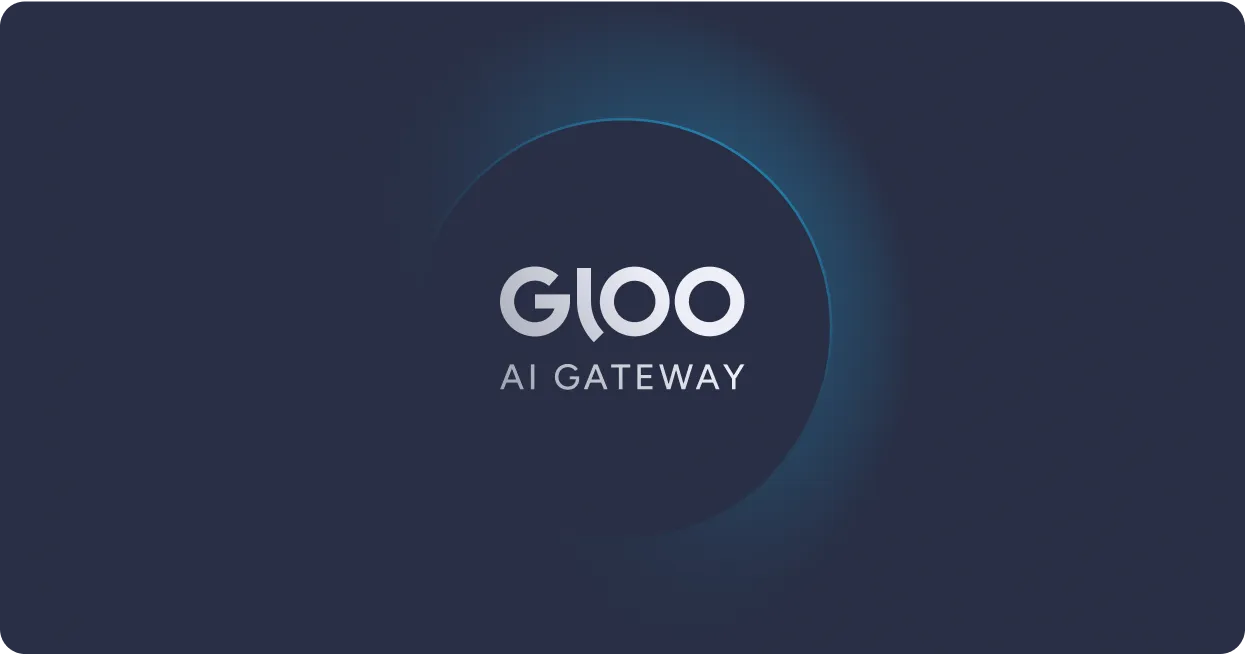


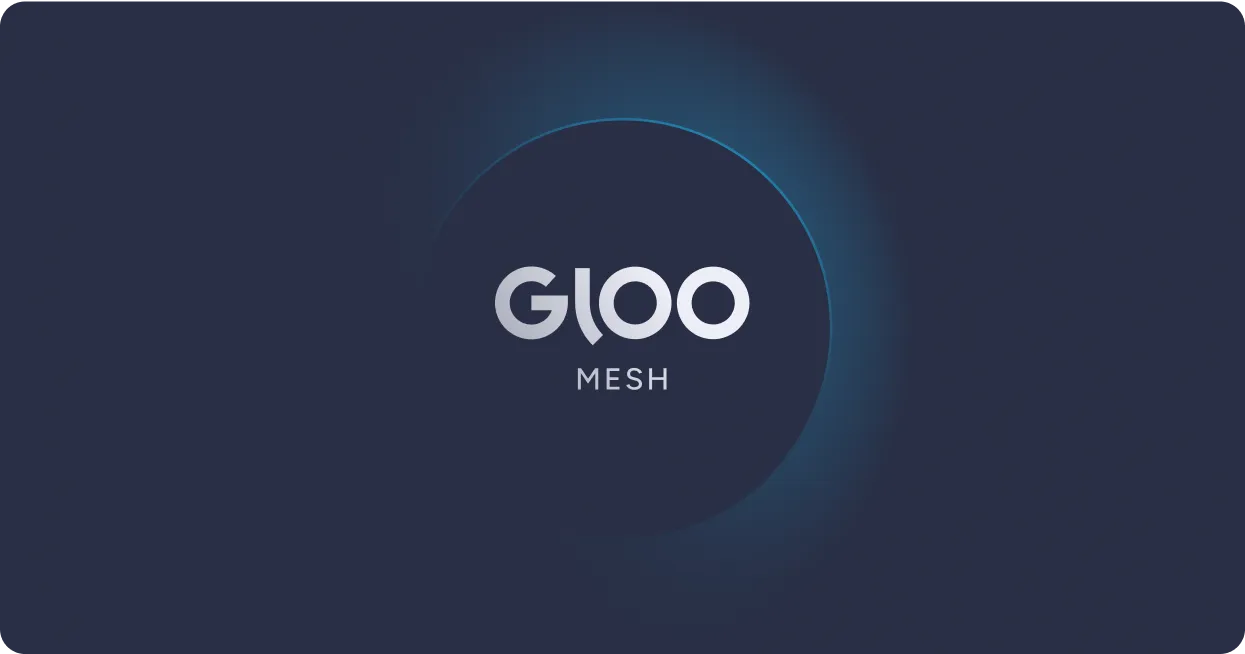

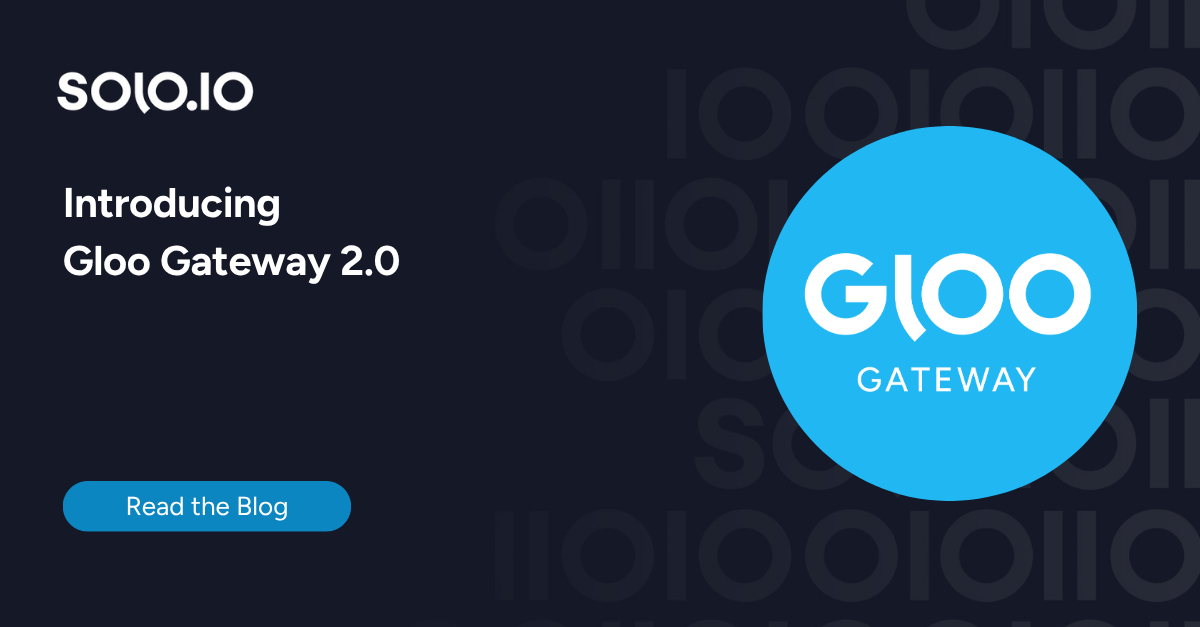
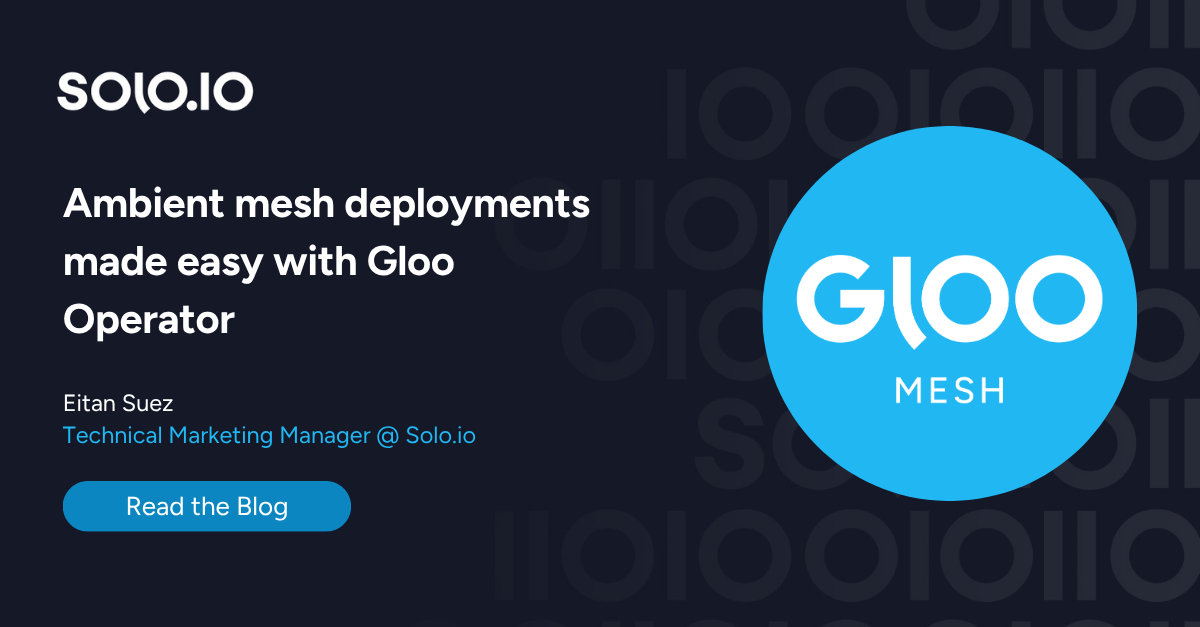
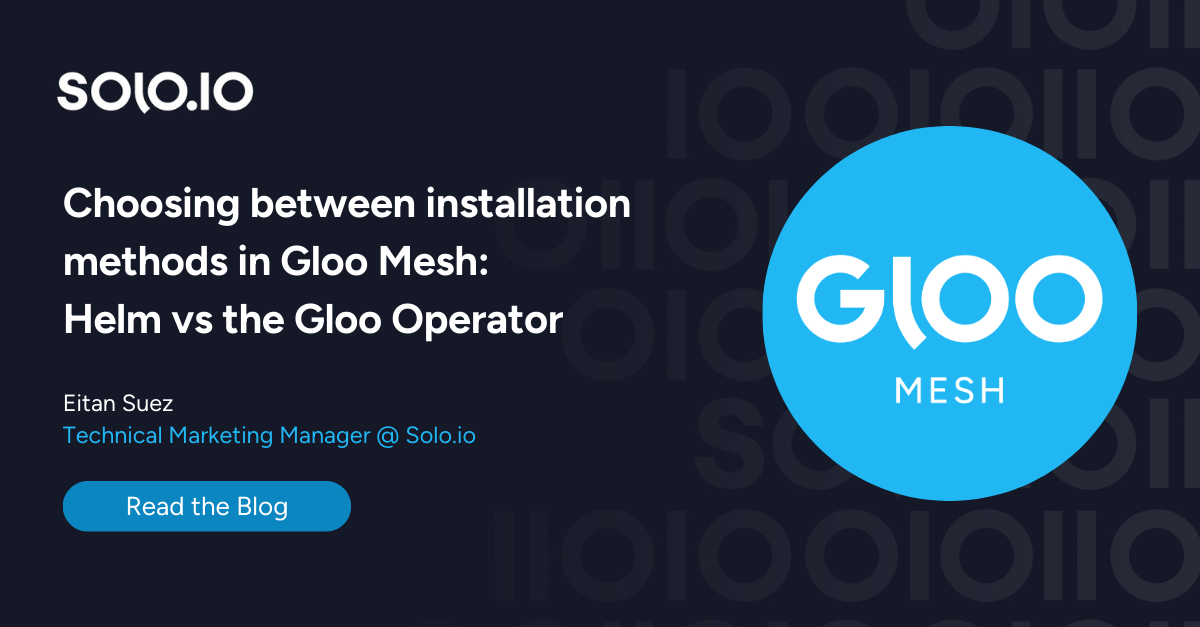


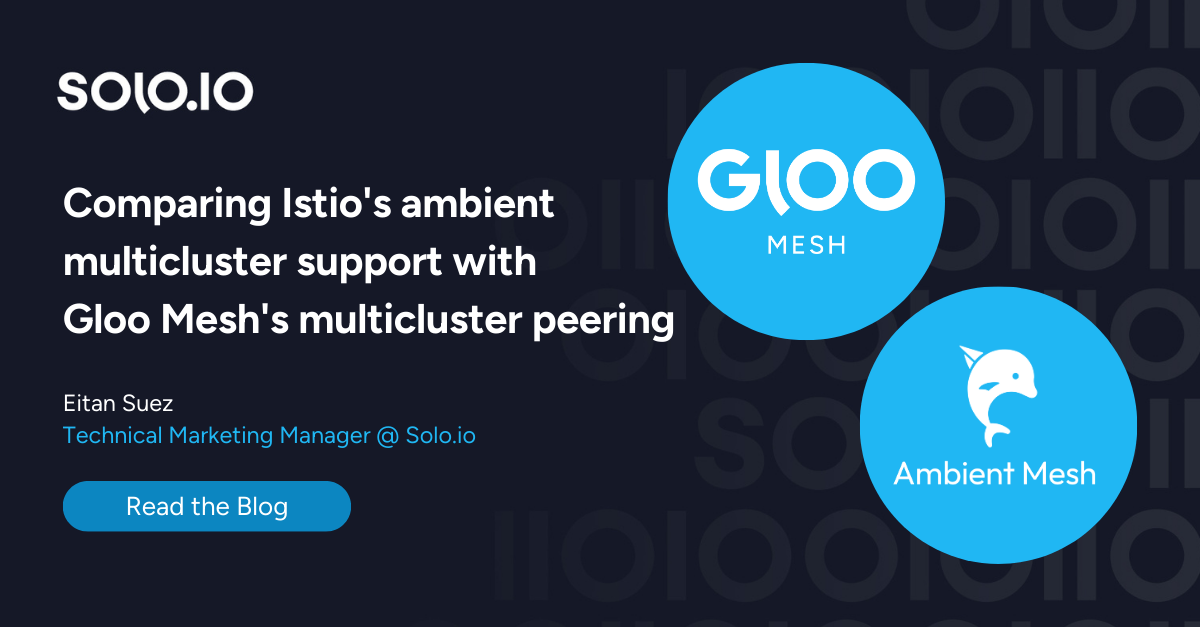


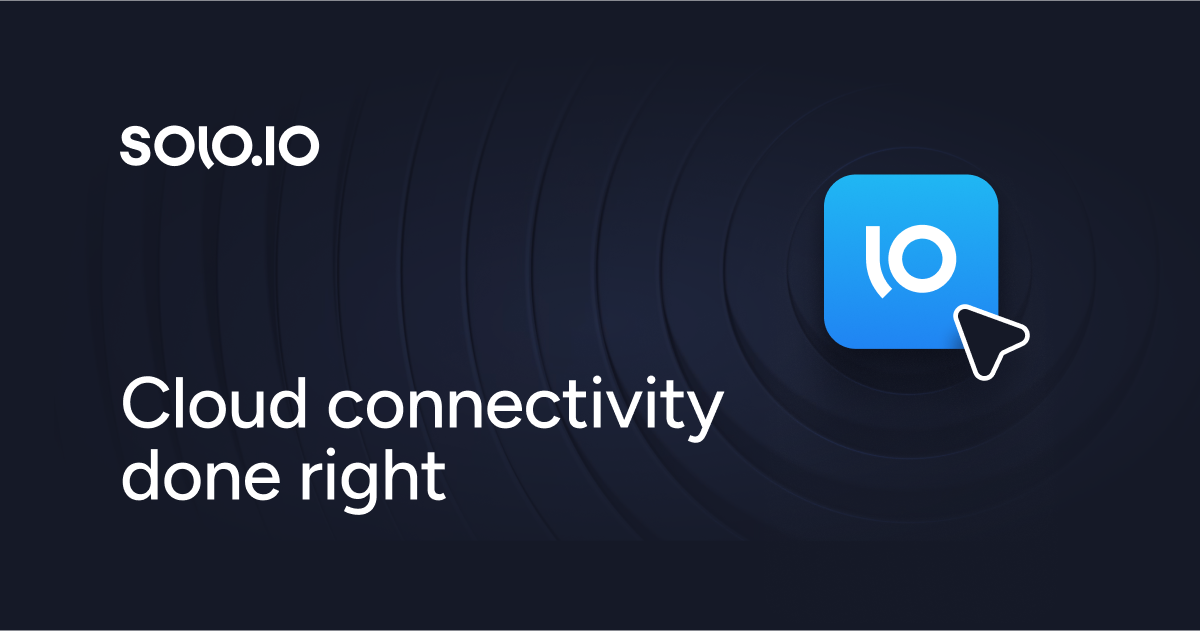
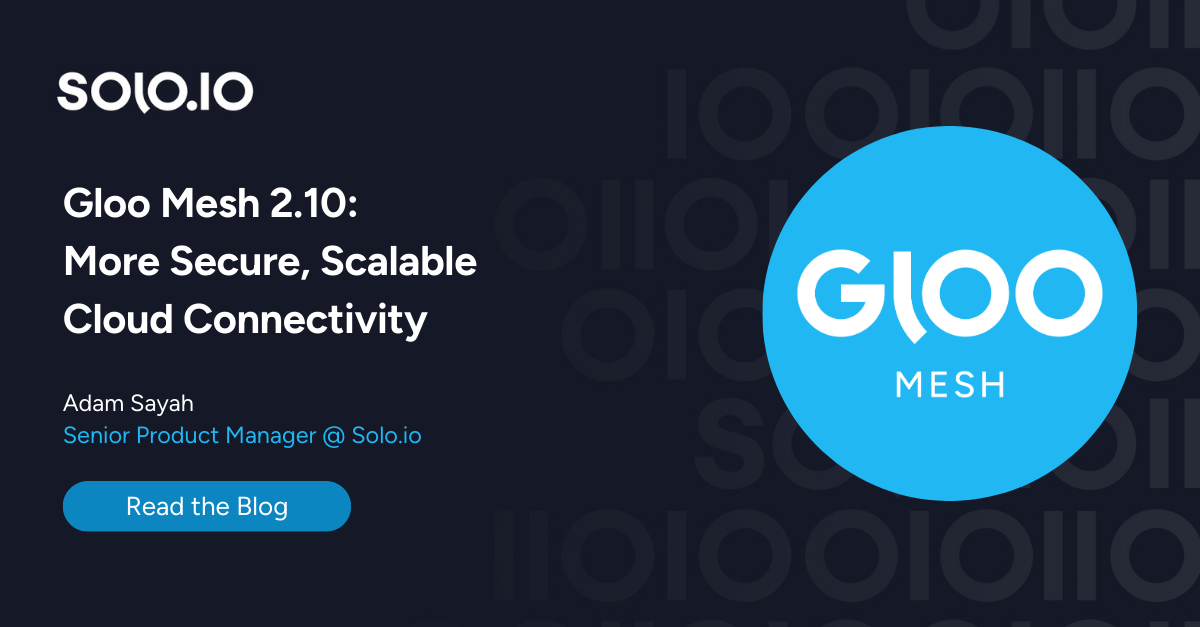

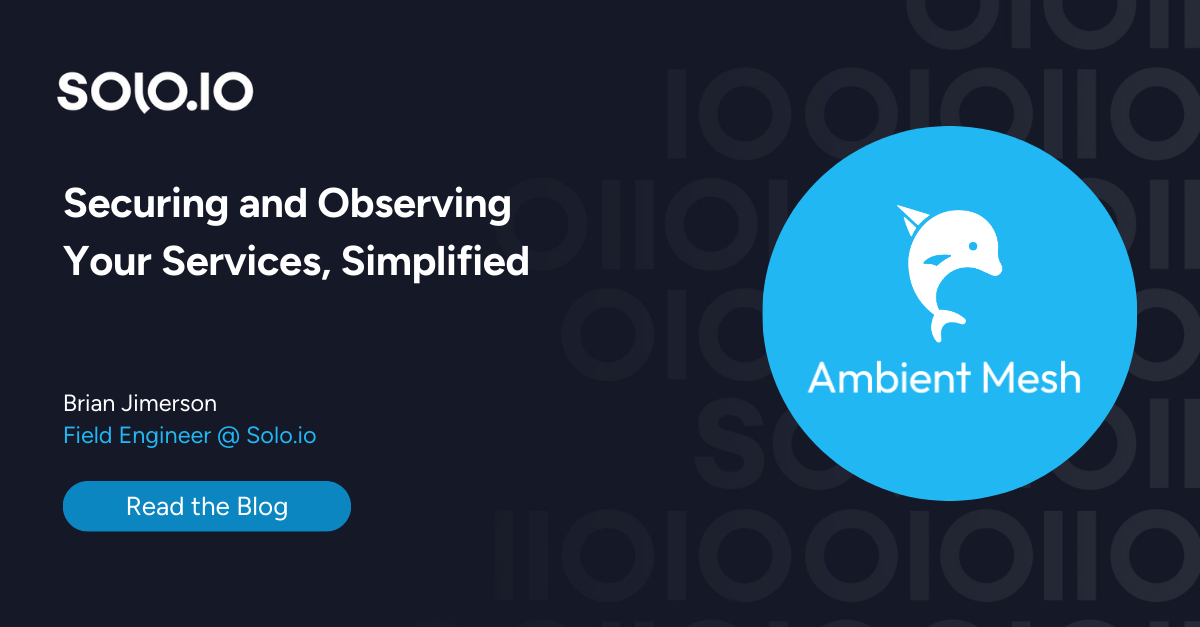
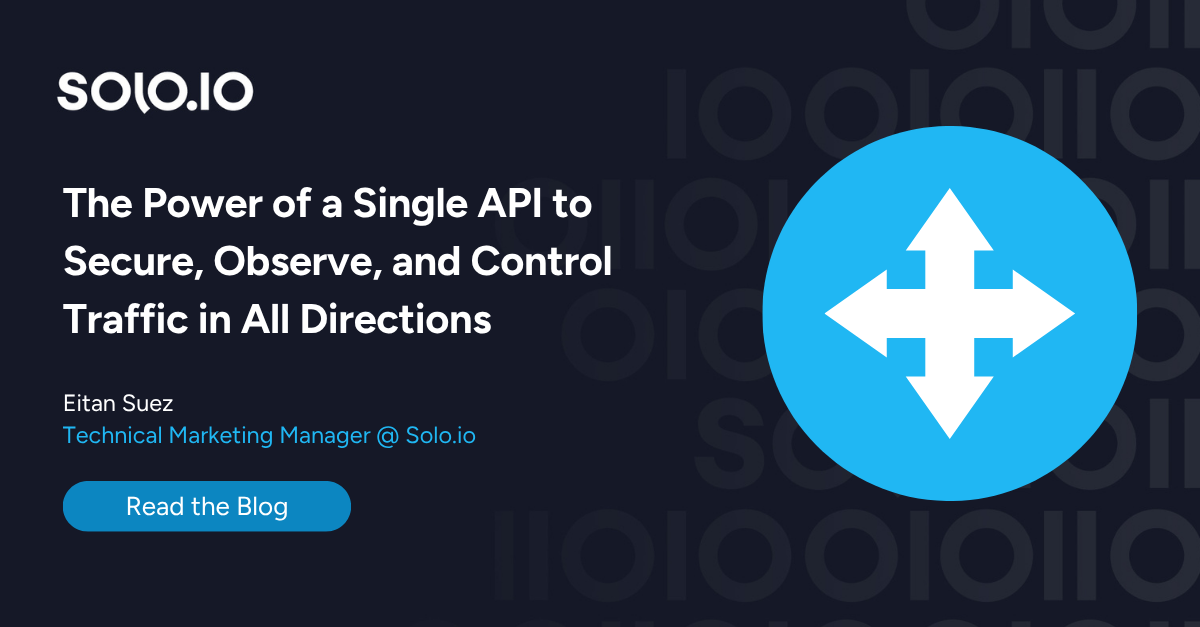
%20a%20Bad%20Idea.png)
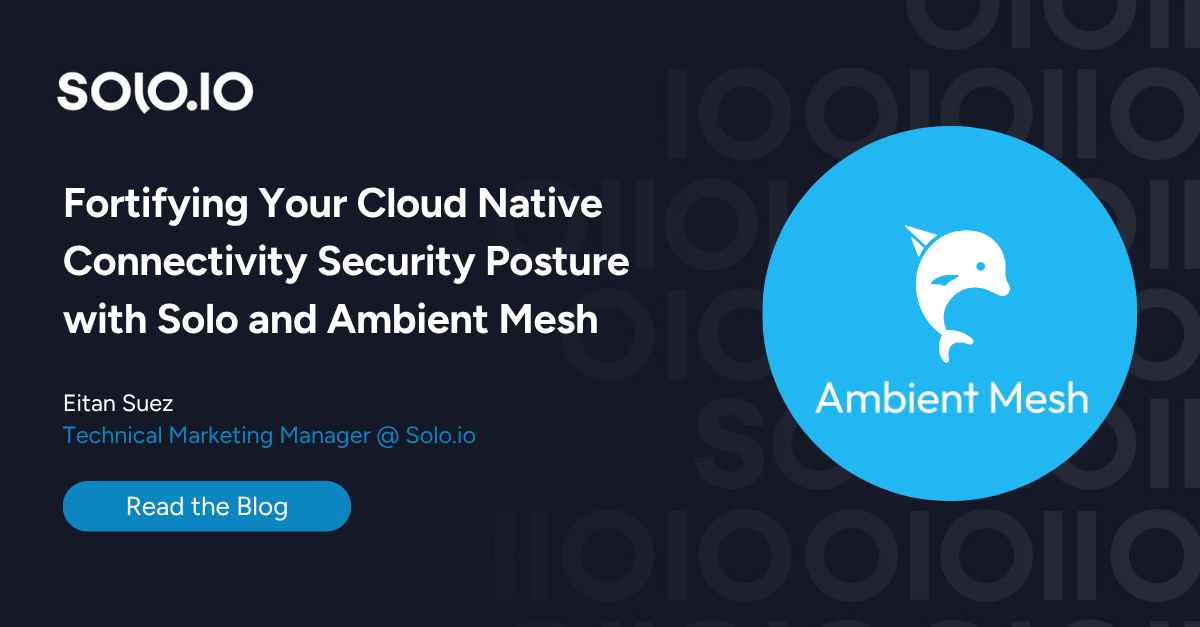
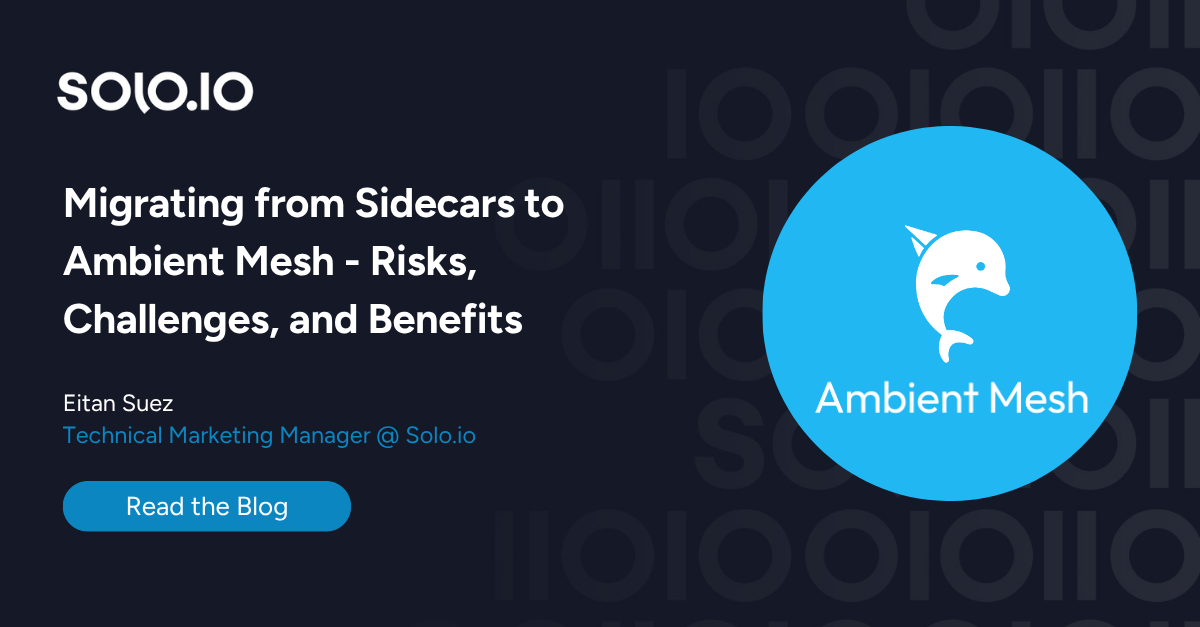









%20For%20More%20Dependable%20Humans.png)









